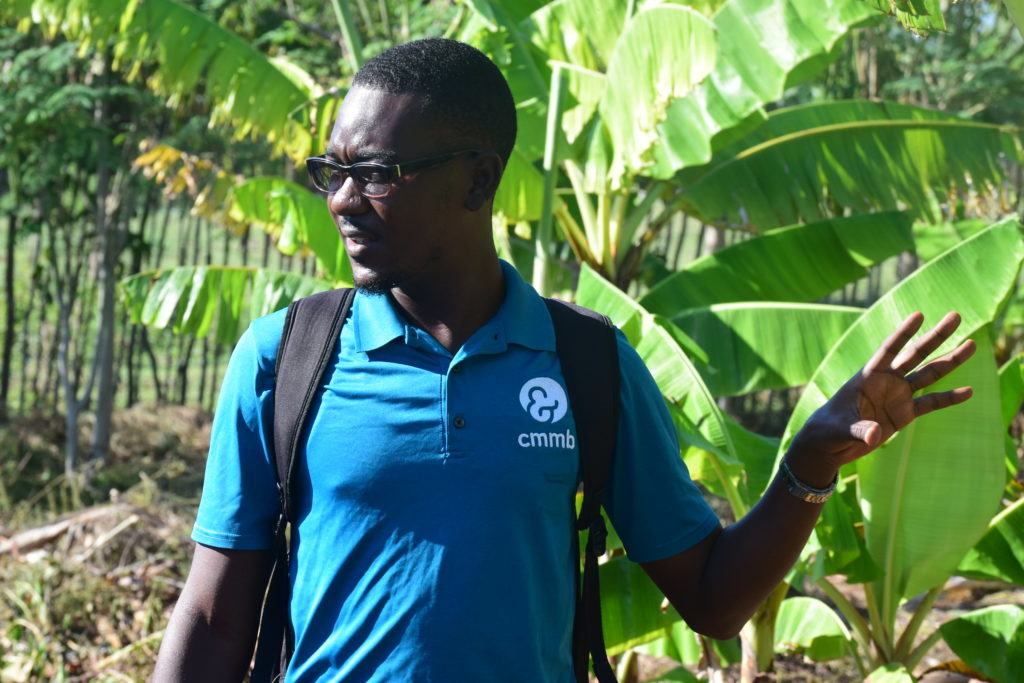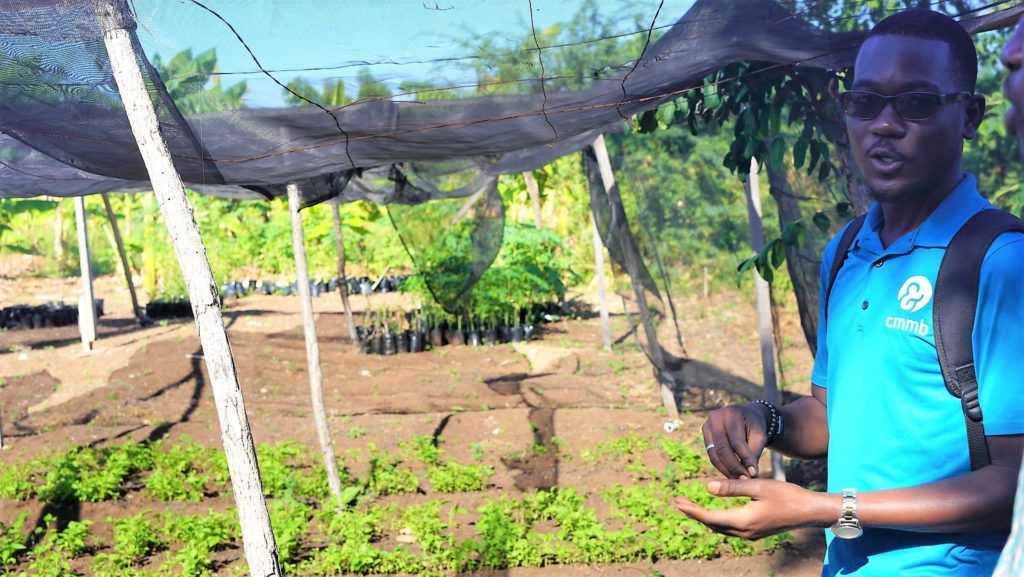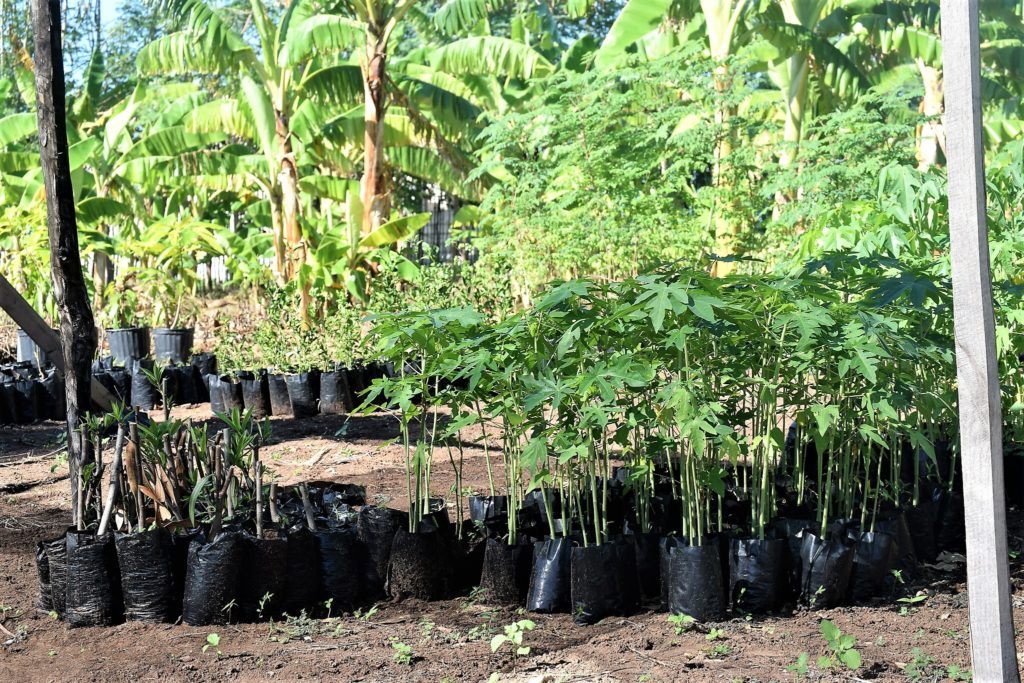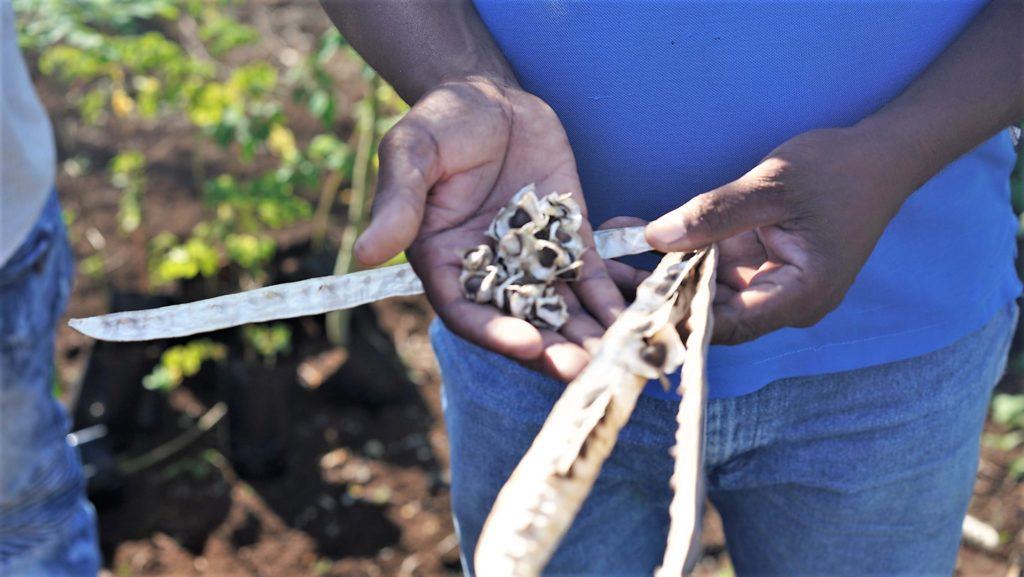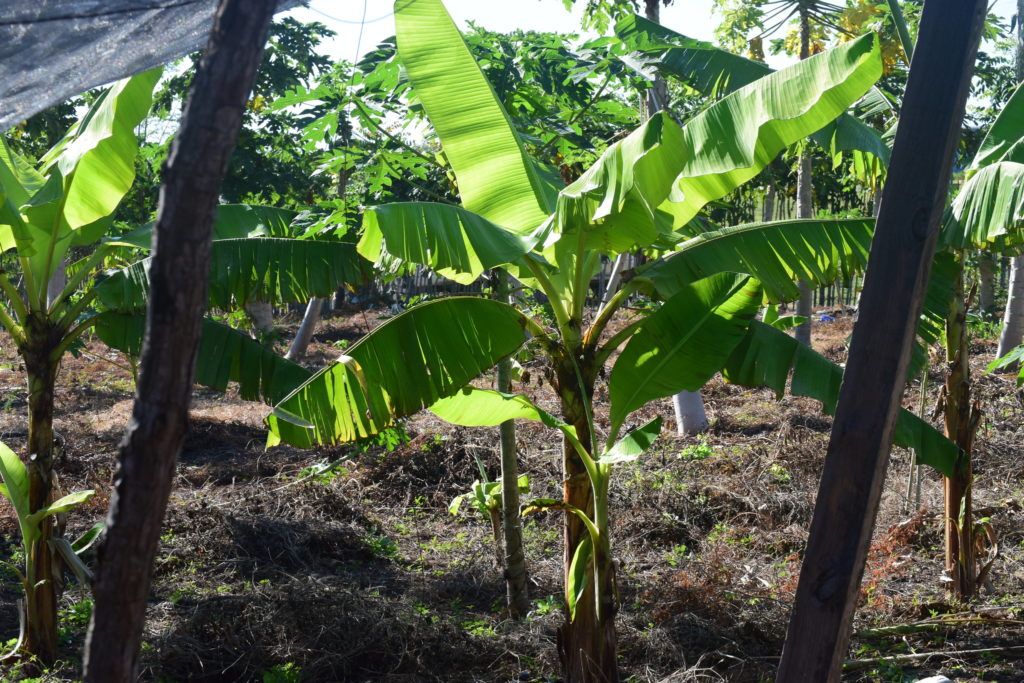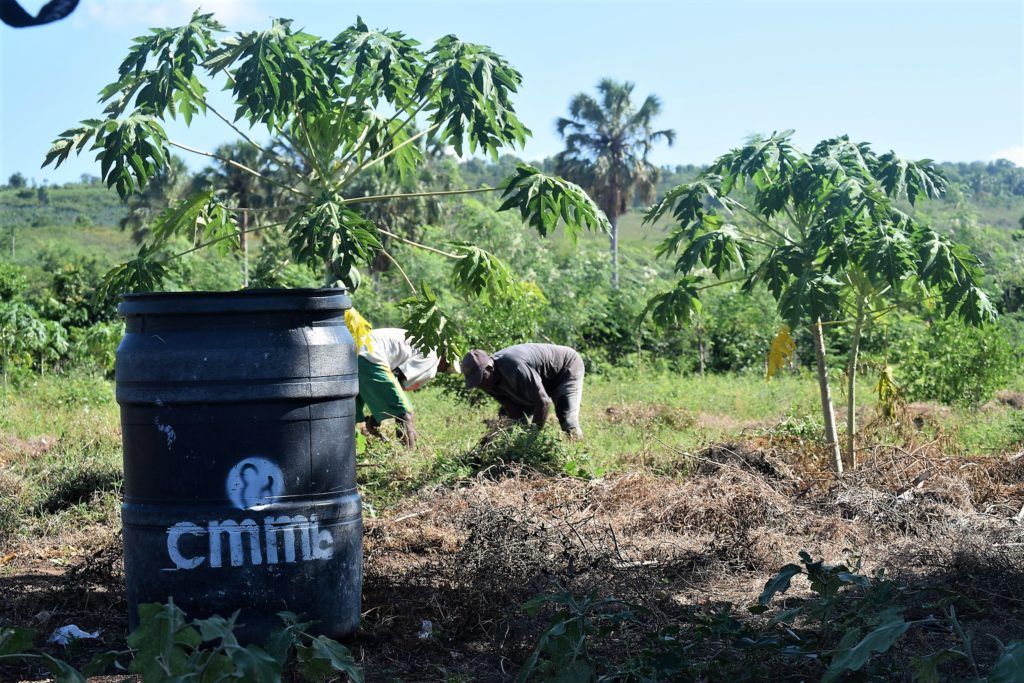A Memorable Dinner – Your Catholic Weekly Reflection from cmmb
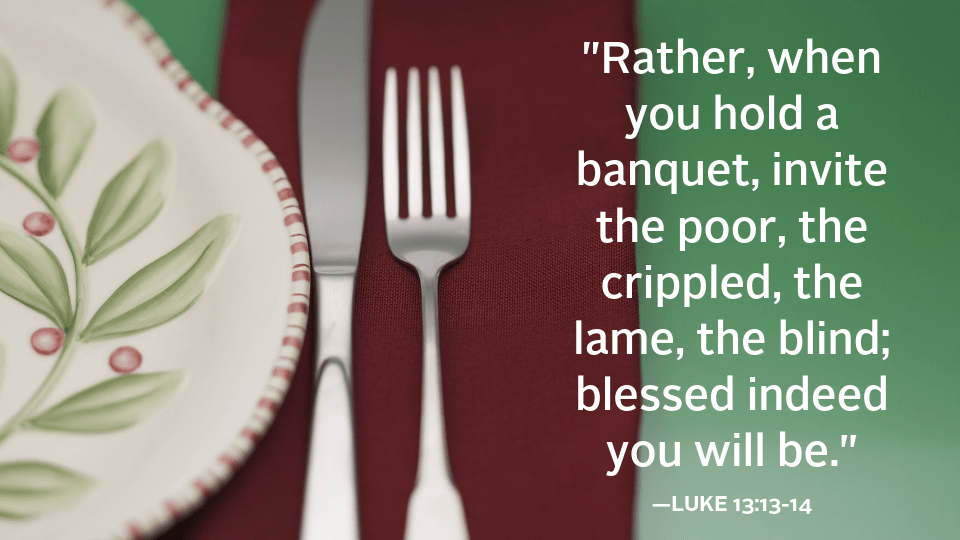
In this Sunday’s Gospel, Jesus challenges us to see things differently, to be humble and to give without expecting a reward. He illustrates this through a parable with wise advice to both guests and hosts about finding true happiness at the heavenly banquet. Guests should wait to choose a less desirable seat at the table instead of one of honor. To hosts he advised that, rather than throwing a banquet for the rich and powerful, they invite the poor, the crippled, and the lame who have nothing to give back. This is where real blessings can be found.
The reading gives us not only advice on how to approach the end times but also on how to live according to Jesus’ vision of a good society.
At cmmb, our faith-based mission calls us to use all the gifts that we have been given to help the poor, the sick, the hungry. In places like remote Côtes-de-Fer in Haiti’s southeastern coast, most people live on just US$1.90 per day. Malnutrition and food insecurity are widespread. In 2017, cmmb opened the first hospital in Côtes-de-Fer, the Bishop Joseph M. Sullivan Center for Health. The hospital is a critical component of CMMB’s CHAMPS program, an initiative that builds partnerships to collectively achieve sustainable change in local health systems and in the lives of women, children and their families. As an added component, we launched an Agronomy Project to help families grow their own fruits and vegetables and raise animals.
In a fenced-in plot of land nearby the hospital, we met Lunis Alcide, who heads up the project, early one morning. Lunis gave us a tour of the plot and explained what they do.
“The project is part of our healthcare initiative. Our Community Health Workers identify families in need and those are the ones that receive the plants. We have reached almost 1000 families so far. In the past we gave families trees which bore fruit after 3 months. Now we give them the trees and teach them how to reproduce them, so they can grow more trees.
We experiment cultivating different produce then reproduce it with families in remote areas. If the families don’t have plots of land to grow crops, we give them the produce for them to sell and make money. Others are able to grow their own crops to feed their families and also create a stream of income. At the end of the year, the ground is cleared so we can start planting again.
In the fruit section we cultivate papaya, plantains, mango. For vegetables we grow cucumbers, eggplant, spinach. Some peppers are popular and not easy to find, so we grow them here. We have a tree nursery where we grow plants and then distribute them to families. This year due to lack of rain the soil is poor, so we are clearing out a new area to move the tree nursery to another site.”
“We give out seeds to families, but some have trouble growing them, so we give them a plant that’s already grown so it’s easier to grow.”
“We educate them about nutrients in fruits and vegetables, like for example moringa. They can use its leaves to spice up soup or rice dishes. The seeds, which are sour at first but then turn sweet when you drink water, can be eaten like peanuts. Moringa is rich in vitamin A and C, calcium, and iron.”
“We give small plantain trees to people and teach them how to take care of them, so they keep growing and they can make money from them. A dozen small plantain trees can sell for 250 gourdes ($2.50) in the market. There are agricultural technicians that visit the families and supervise them. It takes 8-12 months to grow a plantain tree. Another variety takes 6-9 months.”
“It doesn’t rain often but we teach different techniques to water the plants. There’s a big tank to collect water. The families make little holes on bottles to water the plants. The families have to walk a long way to fetch water so CMMB gives them drums they can collect water when it rains rain.”
“I love plants and raising goats because we get to visit families that don’t have anything, and they benefit from them.”
—Lunis, Agronomy Project Head
When we give the impact is doubled — it brings joy to the giver and blessings to the receiver. Let us pray to God to help us live according to his will—being humble and taking care of others without expectations of getting something in return.
In grace and peace,
CMMB/Healthier Lives Worldwide
